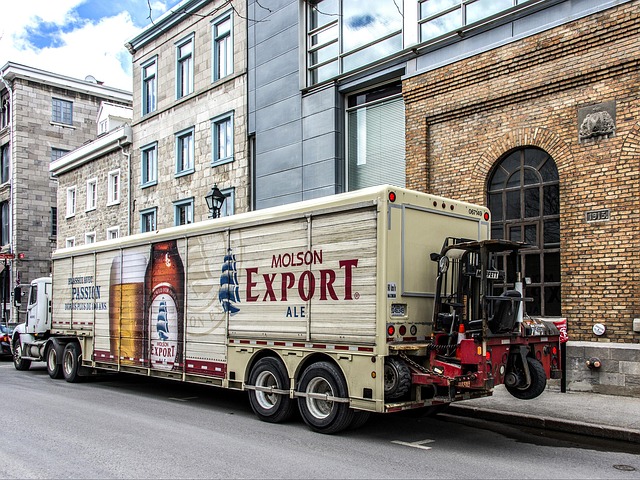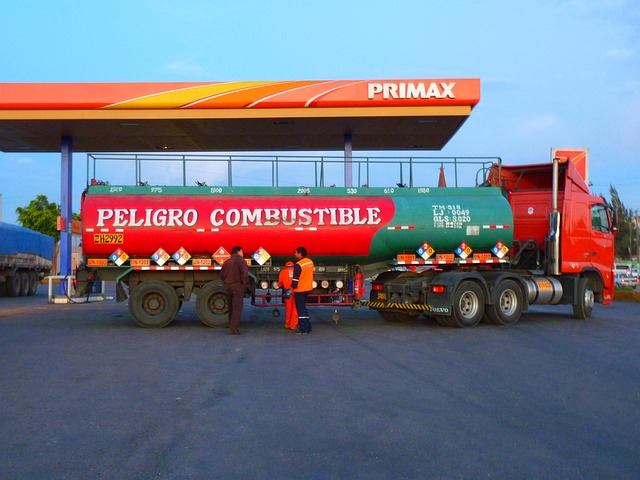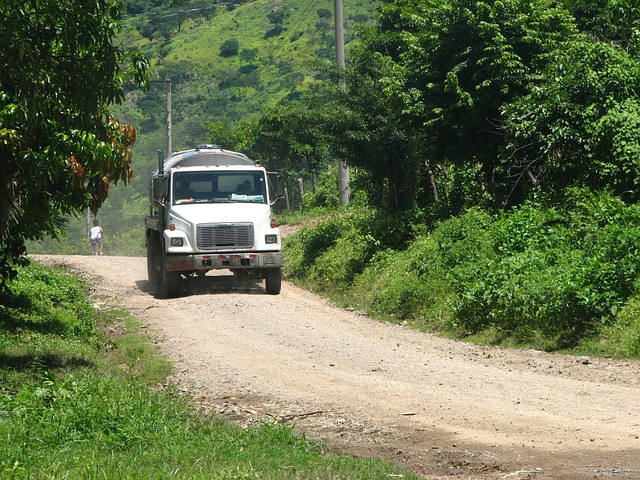SR22 compliance is a critical requirement for the trucking industry, ensuring operators have adequate insurance to cover significant financial losses from accidents. This not only maintains legal adherence but also safeguards assets and operational continuity. By understanding specific coverage and securing SR22, truckers can confidently navigate legal risks. It's a strategic necessity that fosters trust, enables business growth, and simplifies claims processes, despite potential challenges like increased administrative burdens and costs for system upgrades.
In the dynamic landscape of business insurance, especially within the trucking industry, understanding SR22 compliance is paramount. This article delves into the integral role of SR22 in comprehensive business insurance plans, exploring why it’s essential for operations to stay afloat. We’ll guide you through a step-by-step integration process, highlighting benefits and potential challenges, offering valuable insights for navigators of the road – both literal and metaphorical.
Understanding SR22 Compliance in Trucking Industry

In the trucking industry, SR22 compliance is a critical aspect that every business owner and operator must grasp to ensure adherence to legal requirements. SR22, or Commercial Vehicle Financial Responsibility, is a type of insurance policy designed to protect against significant financial losses in case of accidents involving commercial vehicles. This compliance is mandatory for truckers, as it demonstrates their ability to cover the costs associated with damage, injuries, or even fatalities resulting from their operations.
Understanding SR22 compliance involves recognizing the specific coverage it offers and the process of obtaining it. Trucking companies need to secure this insurance to meet regulatory demands, protect their assets, and maintain operational continuity. By fulfilling SR22 requirements, businesses can navigate the legal landscape with confidence, ensuring they are prepared for any potential claims or incidents on the road.
Why SR22 is Essential for Business Insurance Plans

In the realm of business insurance, especially for trucking operations, SR22 compliance is not just a legal requirement; it’s a strategic necessity. This document plays a pivotal role in ensuring that businesses operate with the necessary financial protection against potential risks and liabilities specific to the trucking industry. Without SR22, companies risk exposure to significant financial losses, which could ultimately threaten their stability and survival.
SR22 compliance is essential for maintaining a robust business insurance plan as it caters to the unique needs of trucking operations. It provides proof of financial responsibility, which is crucial in mitigating the costs associated with accidents, damages, or injuries involving commercial vehicles. This level of protection not only safeguards businesses from legal repercussions but also fosters trust and confidence among customers, partners, and stakeholders. In today’s competitive market, presenting a comprehensive insurance plan that adheres to SR22 standards can be a game-changer for trucking companies, enabling them to stand out and secure lucrative opportunities.
Integrating SR22: Step-by-Step Process

Integrating SR22 into your business insurance plans is a straightforward process designed to ensure SR22 compliance trucking. Here’s a step-by-step guide:
1. Assess Your Needs: Begin by evaluating your business’s unique risks and requirements. Identify which vehicles and operations need SR22 coverage, ensuring you meet the minimum requirements set by insurance regulators. This step is crucial for tailoring an effective insurance strategy.
2. Select a Reputable Insurance Provider: Choose an insurer specializing in commercial truck insurance, offering SR22 options. A reputable provider will guide you through the process, ensuring compliance and providing comprehensive coverage tailored to your trucking operations. They can also help navigate any specific industry risks or regulations.
Benefits and Potential Challenges of SR22 Implementation

Implementing SR22 compliance in trucking business insurance plans offers significant advantages for companies aiming to mitigate risks and ensure legal adherence. By meeting this mandate, carriers can protect themselves from financial loss due to non-compliance, which could result in severe penalties. Furthermore, it enhances their reputation as responsible businesses, fostering trust among clients and stakeholders. SR22 provides a comprehensive overview of the insurance coverage, offering peace of mind and simplifying claims processes. This is particularly beneficial for trucking companies managing diverse fleets and operations.
However, embracing SR22 comes with potential challenges. Trucking businesses may face increased administrative burdens as they adapt their insurance documentation and record-keeping practices to align with SR22 standards. Ensuring accurate and up-to-date information across various policies can be complex, requiring careful management and coordination. Additionally, the implementation process might involve costs related to system upgrades, retraining staff, and potentially higher insurance premiums. Businesses must carefully navigate these challenges to fully leverage the advantages of SR22 compliance in their insurance strategies.
Integrating SR22 into business insurance plans is no longer an option but a necessity for companies in the trucking industry. By understanding the significance of SR22 compliance, businesses can effectively navigate the process through a systematic integration strategy. This article has outlined the steps to incorporate SR22, highlighting its numerous benefits, while also acknowledging potential challenges. Businesses should embrace this evolution in insurance requirements to maintain operational efficiency and stay competitive in today’s stringent regulatory environment.
